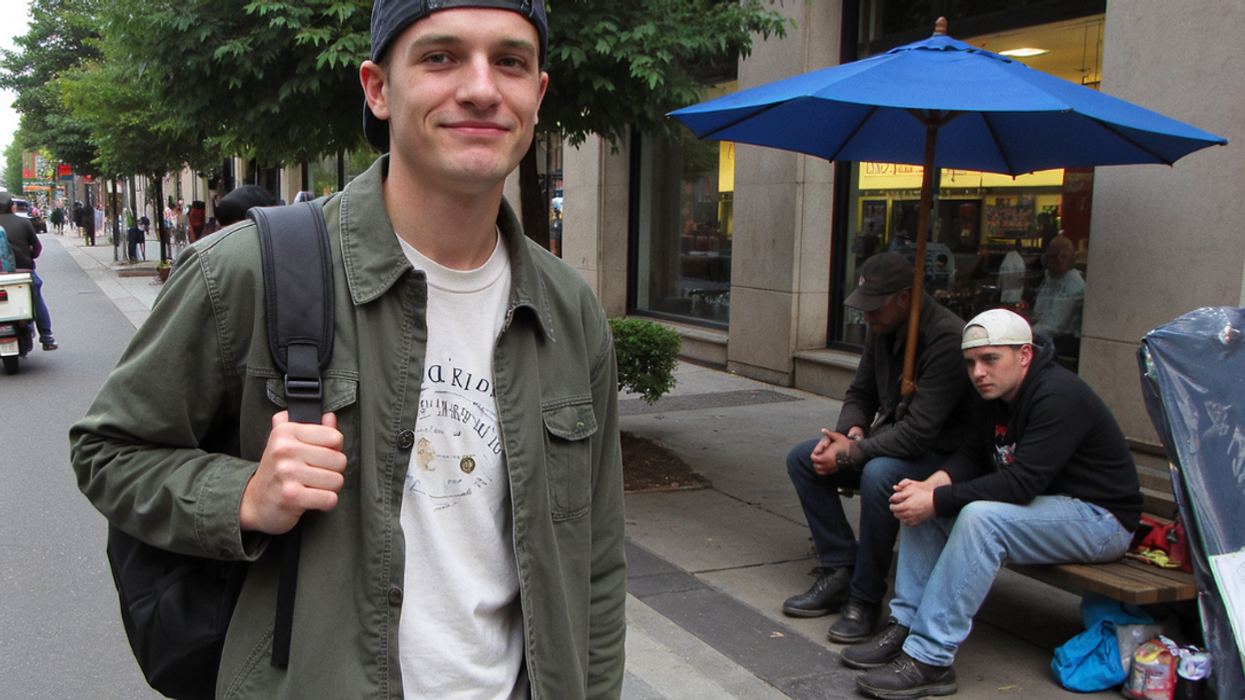In German, it’s Ich will Ihnen helfen. In phonetic Arabic, of course, it sounds very different: Biddi sa'dak. In Dari, a Persian variant spoken in Afghanistan, it’s Mekhaayam shoma ra komak konam. In English: I want to help you.
That’s according a developing online phrasebook for refugees, being painstakingly put together by German volunteers. The volunteers met on a Facebook group for Germans who wanted to find a way to help with their country’s ongoing migrant crisis. So far, they’ve collected over 300 sentences in 28 languages, Urdu, Turkish, French, Icelandic, and dialects of Kurdish among them.
The easily accessible phrasebook—divided into three sections for general, medical and juridical needs—provides useful language for both refugees and those who want to help them. The entries themselves give a peek, at turns hopeful and disturbing, into the lives of the estimated 366,000 refugees who have crossed into Europe via the Mediterranean Sea this year.
“You’re very brave” is Aap bohat buhadar hain in phonetic Urdu. “Sorry, there is nothing left,” is Désolé, il ne reste plus rien in French. There are more pedestrian entries, too: “I need more of this medication”; “asylum application”; “I have cancer”; “It gets worse when I stand up.”
“These people are living the same life as we are,” a German volunteer at a refugee registration center told The Guardian. “What they usually need help with language-wise is medical attention, lawyers—and they’re hungry.”
Nine Yamamoto-Masson, a French-Japanese artist who organizes the online project and herself moved to Germany as a child, says she hopes the phrasebook will mean that refugees do not “have to bear all of the burden when it comes to communication.” “Maybe helpers can have more of an emotional capacity to handle certain situations,” she added.
[quote position="full" is_quote="true"]We’d like to add...more positive phrases so that people can express gratitude, joy or relief.[/quote]
The volunteers are currently racing to complete their phrasebook on legal matters, stressing on their website that multilingual experts in European immigration are needed.
“We’d like to add more vocabulary for LGBTQI people,” says Yamamoto-Masson, “more positive phrases so that people can express gratitude, joy or relief.”
The phrasebook is set to become only more useful. The German government estimates it will receive 800,000 asylum requests this year, many of them from refugees fleeing extended, violent conflicts in North Africa, the Middle East, and Asia.














